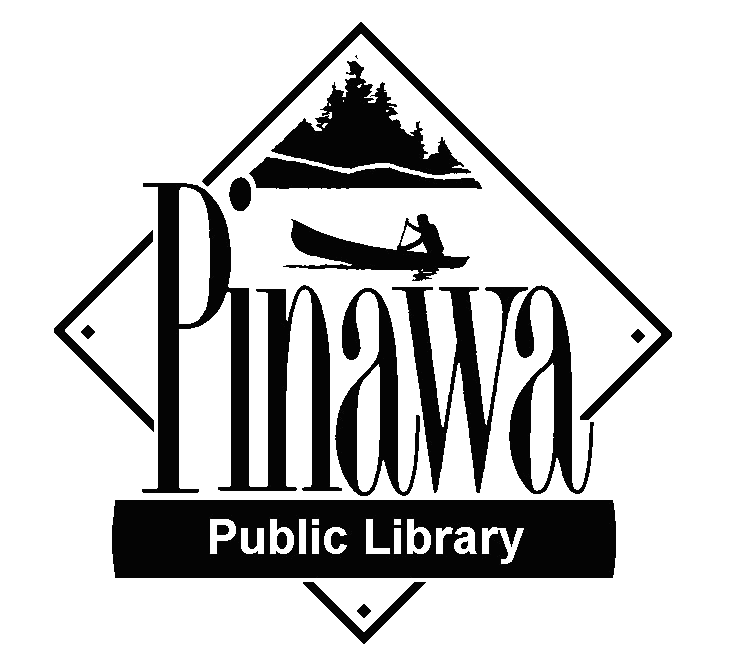Homework Tips
There are loads of resources to help you with your homework. Library databases have lots of useful information that’s not necessarily available through Google. Plus, you know you can trust this information. Many websites can also help you with your homework, but make sure you’re safe while surfing the Internet, that the websites you find are from reliable sources, and learn how to cite those sources.
Library Databases
The “databases” here have lots of information not typically available through the Internet. You’ll need your library card to log into some of them.
| Khan Academy – “Learn almost anything for free.” 3300 videos explain many subjects. |
|
 |
Academic Search Premier – is a multi-disciplinary database providing full text for more than 4,600 journals, including nearly 3,900 peer-reviewed titles. PDF backfiles to 1975 or further are available for well over 100 journals and searchable cited references are provided for more than 1,000 titles. |
 |
Canadian Encyclopedia – A comprehensive information source about Canada and Canadians, for students, the general public and scholars. Includes articles written by experts, as well as web links and multimedia clips. The web site also includes links to the Youth Encyclopedia of Canada and Encyclopedia of Music in Canada. No library card is required to access these resources on the Internet. |
 |
Canadian Points of View Reference Centre – is a full-text database designed to provide students with a series of essays that present multiple sides of a current issue. The database provides information on more than 100 key topics of interest to Canadian researchers, each with an overview (objective background/description), point (argument), counterpoint (opposing argument), and Critical Thinking Guide. Topics covered include: environment, health, human rights, crime, race, technology, substance abuse, and many more. |
 |
Canadian Reference Centre – combines Canadian magazines, newspapers, newswires and reference books to create the largest collection of regional full-text content available to Canadian libraries. Includes leading Canadian and international (US & UK) periodicals, full-text reference books, over 87,900 full-text biographies and an Image Collection of over 502,000 photos, maps & flags; updated on a daily basis. |
 |
EBSCOhost periodicals – Search the content of more than 10,000 popular and academic magazines, reference books, plus images, covering all subject areas, from current events and history to the arts and sciences. Many Canadian titles are included. Narrow results by date, subject, publication, etc. |
 |
Explora and Explora Primary Canada – EBSCO’s interface for schools and public libraries, supporting both student research and classroom instruction. |
 |
MasterFILE Premier – provides full text for nearly 17,000 periodicals as far back as 1975; also contains full text for nearly 500 reference books and over 164,400 primary source documents including an Image Collection of over 592,000 photos, maps & flags; updated daily via EBSCOhost. |
 |
Middle Search Plus – provides full text for more than 140 popular middle-school magazines. All full-text articles are assigned a reading level indicator (Lexiles). Full text also available for thousands of biographies and historical essays and a School Image Collection of photos, maps & flags. |
Websites
Research & Writing Tools
- Cambridge Dictionary OnlineCambridge Dictionary Online, opens a new window - Find definitions for those tricky words!
- Essay Writing Center - Help with essay planning, structure, and basic writing. Has information on types of essays, presentation writing, business writing, and scholarships.
- Lexico Dictionary (Powered by Oxford) - Oxford English and Spanish dictionary, thesaurus, and Spanish to English translator. Includes tips for learning English as a second language.
- Thesaurus Online, opens a new window - Easily searchable online thesaurus to help spice up your writing.
- - Learn how to avoid plagiarizing other people's work.
- SparkNotes Guides- Summaries and insightful critical analyses of English literature, including Shakespeare, along with guides for history, math, biology, and other subjects.
Study Tips (SFU)
- Exam Preparation through Lectures and Readings - As you complete the lecture and reading for each topic in a course, go through this checklist to enhance your learning and begin the process of effective exam preparation.
- How to Study Efficiently and Effectively - Covers study schedule, study environment, and effective study strategies.
- Improve Your Memory - Sleep, consistent studying, and deep processing. Wait, what's deep processing? Click through to find out.
- Reviewing after Lecture - A key step in your regular study routine.
Post-Secondary Resources
- Canadian Career College and Trade School Directory - Lists all of the trade schools in Canada by province.
- Canadian Universities & Colleges - Find programs in universities and colleges across Canada.
Can You Trust That Website?
When you're doing online research for your writing assignment, you want to make sure that the websites you are consulting are factually-based.- Evaluating Information Sources (UBC) - This guide will help you to evaluate resources you use for research, whether it is an online or print journal article, a website, a book, a newspaper article, or other source that you want to cite.
- MediaBias - There's no such thing as unbiased news. But hidden media bias misleads, manipulates and divides us. AllSides empowers you to understand the role media bias plays in the news and information you consume.
Internet Safety
- MediaSmarts - Canada's Centre for Digital and Media Literacy. Topics include cyberbullying, cell phones & texting, Internet & mobile, queer representation, and more...
Citing Sources: Writing a Bibliography
Post Secondary Education Resources
Red River College University of Manitoba University of WinnipegLooking for more information?
Check our Teens page for more information on library programs for teens and other websites to help support teens as they grow up.
